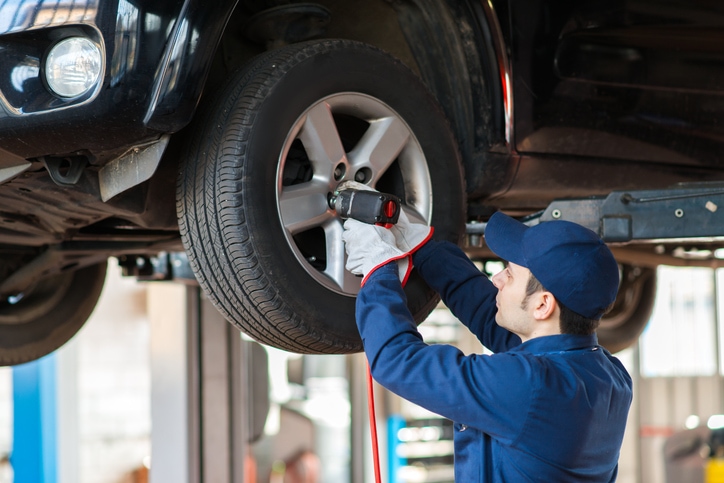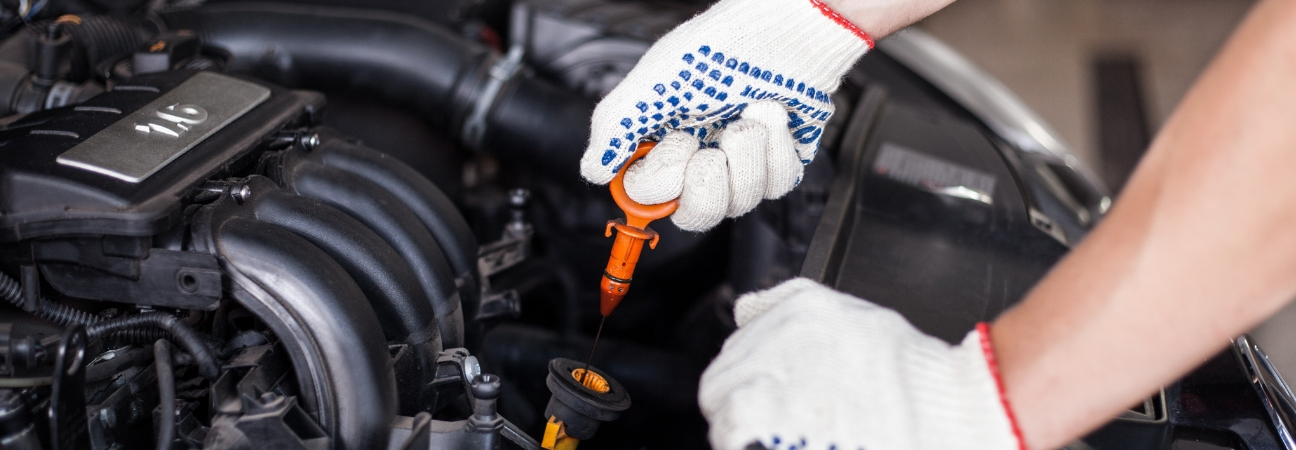Featured

A car battery is important for beginning your lorry and powering electric systems like lights, radios, and environment controls. Preserving your battery's health and wellness is important for avoiding unforeseen break downs and unnecessary replacements. By adhering to some fundamental maintenance methods, you can extend the life of your car battery and keep your car running efficiently. Below are some practical ideas for maximizing the lifespan of your auto battery.
- Maintain the Battery Terminals Tidy. Among the leading reasons for battery failing is corrosion around the terminals. Rust can produce a barrier that prevents the battery from effectively releasing and billing, lowering its life expectancy. To prevent this, check your battery terminals consistently and clean them if you see any build-up. Make use of a combination of cooking soft drink and water or a business battery cleansing service. Cleaning the terminals will guarantee a great link and enhance the battery's general performance.
- Drive Frequently and Prevent Short Journeys. When you drive your cars and truck, the generator charges the battery. If you often drive brief ranges, your battery might not get a complete fee, which can lead to a weaker battery over time.
- When Not in Usage, transform Off Electrical Devices. Electric parts like your cars and truck's radio, air conditioning, and interior lights draw power from the battery. If you leave them on while the engine is off, you can drain pipes the battery quicker than it can recharge.
- Park in a Cool, Dry Area. Temperature extremes-- especially severe warmth-- can decrease an auto battery's life expectancy. Warmth triggers the fluid inside the battery to evaporate, which can cause inner damages and shortened battery life. Cold temperatures can likewise reduce the battery's efficiency and make it harder for the engine to begin. Attempt to park your lorry in a garage or a shaded area to shield it from these temperature level extremes. Use a battery cover to additional shield the battery from environmental conditions. if feasible.
- Look for Leakages or Damages. Leaks or splits in the battery housing can cause fluid leaks, which can harm the battery and other parts of the vehicle. It's important to change the battery right away if you observe any leakage or physical damage to your battery. A leaking battery may also trigger corrosion around the terminals, which will better deteriorate the battery's performance.

- Routinely Evaluate Your Battery's Health. With time, all auto batteries shed their ability to hold a charge as they age. The majority of vehicle service center offer cost-free battery screening, which can assist you determine possible issues early. Many modern-day automobiles additionally come furnished with a battery tracking system that provides alerts when the battery is deteriorating. If your battery is revealing signs of difficulty, such as slow-moving starts or lowering lights, it's a good idea to obtain it checked and consider replacing it before it fails totally.
- Utilize a Battery Maintainer for Extended Durations of Inactivity. If you don't drive your automobile on a regular basis, such as throughout the cold weather or while traveling, your battery can drain gradually. To avoid this, use a battery maintainer (additionally called a trickle battery charger), which keeps your battery at an optimal charge degree when the automobile isn't being used. A battery maintainer is particularly useful for cars that are kept for long durations, as it protects against the battery from discharging totally.

- When Essential, change the Battery. Even with correct upkeep, all cars and truck batteries at some point reach the end of their life expectancy. Commonly, a vehicle battery lasts in between 3 to 5 years, depending on the environment and driving problems.
Verdict. Maintaining your car battery is an easy yet efficient method to ensure that your car remains trusted and does at its best. Frequently cleansing the terminals, restricting using electrical accessories, vehicle parking in a temperature-controlled environment, and evaluating the battery's wellness are crucial steps to keeping your battery in top shape. By adhering to these best practices, you can maximize the life-span of your vehicle battery, prevent unforeseen failures, and conserve money on replacements in the lengthy run.
Latest Posts
Take Advantage of Limited-Time Auto Repair Offers in Chicago at Montclare Auto Repair
Published May 27, 25
1 min read
Take Advantage of Special Auto Repair Deals in Chicago at Montclare Auto Repair
Published May 25, 25
1 min read
Explore Cost-Effective Auto Repairs with Montclare’s Exclusive Service Specials
Published May 22, 25
1 min read
More
Latest Posts
Take Advantage of Limited-Time Auto Repair Offers in Chicago at Montclare Auto Repair
Published May 27, 25
1 min read
Take Advantage of Special Auto Repair Deals in Chicago at Montclare Auto Repair
Published May 25, 25
1 min read
Explore Cost-Effective Auto Repairs with Montclare’s Exclusive Service Specials
Published May 22, 25
1 min read